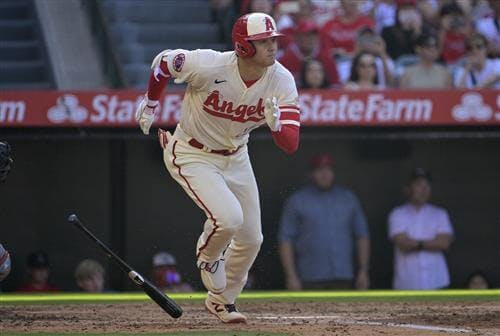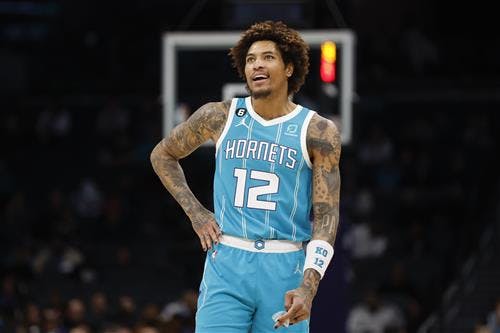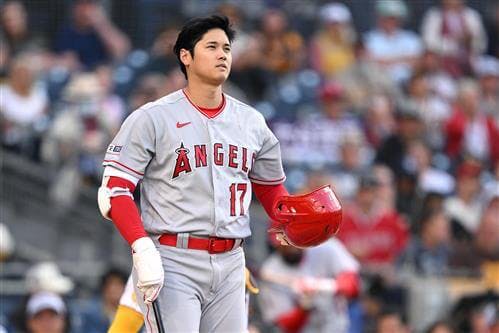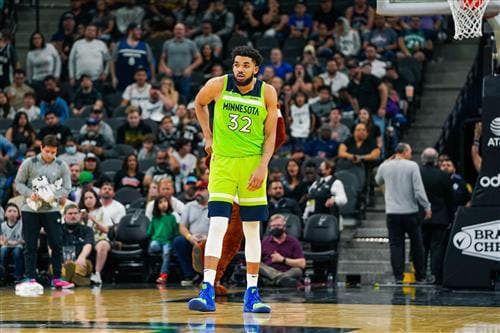Luke Fickell has done everything in his power to generate excitement during his first two months as Wisconsin’s football coach. Among late additions to the recruiting class, an impressive transfer haul and the rethinking of what the Badgers offense can be, it’s no surprise Fickell spoke to a sold-out crowd and earned a standing ovation as the guest of honor at an alumni event in Milwaukee on Thursday night.
Yet Fickell also reflected on what he might have done differently. He has filled out his 10-person assistant coaching staff and is thrilled with the results. Seven of those staffers have worked with him at other stops, meaning he already has developed trust with them. But he acknowledged that none of those coaches are former Wisconsin players with an intrinsic knowledge of the state and the high school recruiting landscape.
Fickell went so far as to acknowledge that he “probably didn’t get that exact mix” he initially mapped out to blend the new with the old.
“All the former players that were on the staff in the past that aren’t with us anymore, I feel bad about that,” Fickell told reporters before the alumni event in Milwaukee. “I think that’s something we’ve got to overcome. I think we can and will because of the people that we’ve got. But I think sometimes that takes a little bit more time.”
Fickell reiterated that the state of Wisconsin and the Chicago area are “two areas where that’s got to be the core and the crux of our program.” Wisconsin generally has thrived with in-state recruiting for more than three decades since Barry Alvarez arrived. As Fickell sees it, he and his staff will need to work even harder to gain the trust of the state’s coaches.
“That’s why it’s even more important for us to be in these schools,” Fickell said. “Either it’s in Milwaukee or in Green Bay or in Madison or wherever so that these high school coaches of these kids obviously recognize that, yes, we might not have played here, but boy do we have the utmost respect for all the things that you’ve done and especially how you’ve done them. So I think it’s even more critical for me and for us and for our program because we don’t have quite the history. Our job is to build that history, and we will.”










